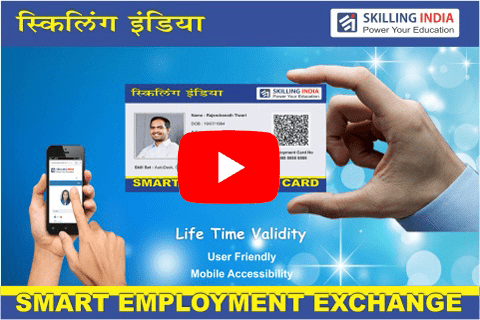
Education Now Online
Category : Blog , Front Page
Online education is not so easy as speaking into the microphone at one end, and connecting a laptop and listening in on the other; there are challenges faced at both ends of the spectrum.
Covid-19 has forced universities across India, and the world indeed, to suspend physical classrooms and shift to online classes. In India, while this transition has been smooth for most private universities, the public ones are still adapting. There have also been debates on the nature of classes, and the future of examination and evaluation — whether they could be conducted online or not.
 First response: Going digital
First response: Going digital
The IITs also shifted to conducting online classes, and sharing study materials and audio files with students over the internet. Timothy Gonsalves, director of IIT Mandi, says: “The faculty members are available online during interactive sessions for students to clear their doubts. Depending on the nature of the course and students’ internet access, teachers are supplementing Moodle (an open-source learning-management system) with assorted social media and online platforms.”
The universities and teachers Business Standard reached out to agreed that their transition to online teaching had not been very difficult. However, if the lockdown continued over a longer period, some investment in infrastructure and additional training for teachers and students would be required, they said
Going forward
What does online education mean for the future? Author Mukul Kesavan, who teaches history at Delhi’s Jamia Millia Islamia University, highlights the problem of inequity, underlining that only some of his students are able to attend online lectures. “One way to get around is if you can create class emails and reading lists, and send recording of lectures. But this is not an experiment that can be sustained in the long term without excluding everyone coming from towns or villages where there is an obvious problem of technology access.”
Higher education is seldom about exams, classes, or grades. Rather, it is about an experience that prepares a student to become a functioning member of the work force, with requisite knowledge, skills, and life experiences.
Students have complained about lack of clarity going forward and what the plan of action would entail, especially with respect to examinations, results, internships, and placements. While most institutions of higher education are trying their best in this situation, nobody knows what will happen next.
Most educators across institutions agree that there is a need to invest in creating standardised online education platforms, and not using apps and Google hangouts only; and to train both students and teachers. Others highlight the necessity to introspect on the nature of these platforms and how students are taught using different online tools and methods, while keeping accessibility and equity challenges in mind. There is also the need to understand all this across academic disciplines and institutions.
The way ahead can be charted only if we take into account the diverse views of experts, and incorporate all the lessons learnt from the summer of 2020.



